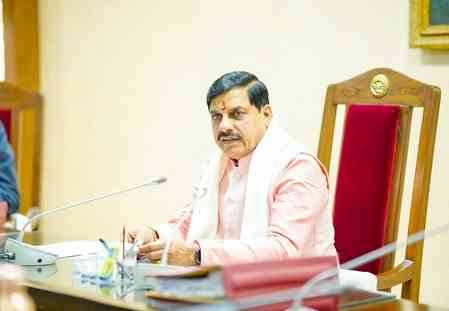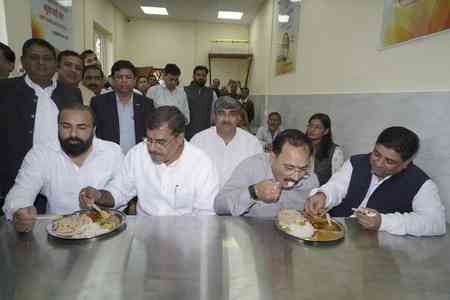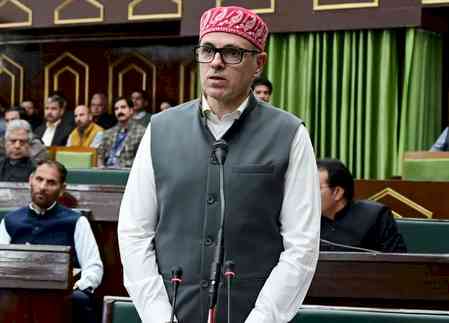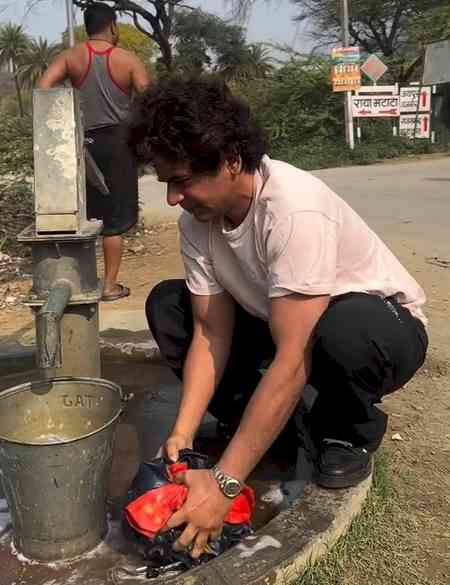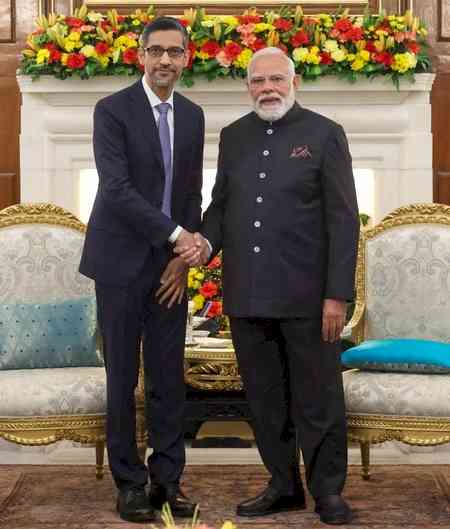Manipal Hospital becomes the first to successfully conduct 27 ABO-incompatible Kidney Transplants in Karnataka
Among the most complex transplants, this has been successfully achieved by the dedicated team of Manipal Hospitals in a span of 5 years
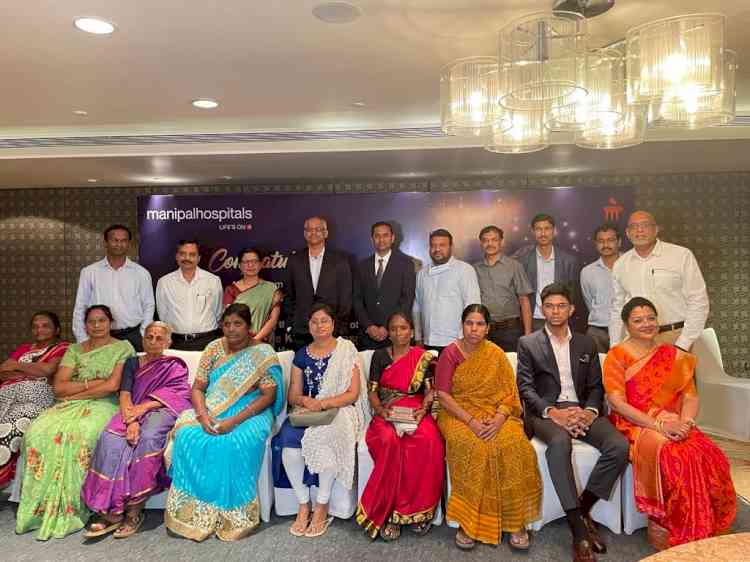
Bangalore, October 12, 2022: In a milestone event, Manipal Hospital, Yeshwanthpur, has become the first hospital in Karnataka to complete 27 ABO-incompatible kidney transplants. To celebrate and announce the event to the public, a press conference was organized by the hospital. The conference was chaired by Dr. Deepak Kumar Chithrahalli, Senior Consultant, Nephrologist and Transplant Surgeon, Manipal Hospital Yeshwanthpur, along with Dr. Ajay Shetty, Lead Consultant,Urology, Renal Transplant & Robotic Surgeon, Manipal Hospital Yeshwanthpur. The key highlight of the conference was to spread awareness about ABO transplants and the success rate of the procedure. The event was attended by 20 donors as well as recipients, who shared their surgery and recovery experiences.
ABO-incompatible transplant is done when the blood types of the receiver and of the donor are different, and therefore, incompatible. Such a transplant therefore, becomes very complex. However, medical advancements over the years have made it possible to conduct such surgeries with appreciable levels of success. ABO-incompatible kidney transplants were started in right earnest two decades ago. However, even now, many patients suffering from end-stage diseases are unaware of this option. In a year, out of 1,000 kidney transplants, only 700 cases are ABO-incompatible kidney transplants.
The main objective of the conference was to raise awareness levels about ABO-incompatible transplants, and highlight the protocols and procedures followed to perform such transplants. Doctors at Manipal Hospital, Yeshwanthpur, have attended to such cases in the age bracket of 19 to 50 years.
The first ABO-incompatible kidney transplant was performed in India in the year 2011. Since then, this procedure has brought hope to patients struggling to find compatible donors.
Dr. Deepak Kumar Chithrahalli, Senior Consultant, Nephrologist and Transplant Surgeon, Manipal Hospital Yeshwanthpur, said, “Despite being able to successfully tackle this complex surgery, we at Manipal opt for this treatment method only if the patient is struggling to find the right donor or if his/her health is deteriorating steadily. The patient is given adequate medication before and after the transplant to reduce the level of antibodies in the blood, which decreases the chances of rejection of the organ.”
“Once the surgery is performed, doctors closely monitor the patients for the first 2 to 3 months, as during this period, there is a risk of infections similar to that following conventional transplantation, setting in,” added Dr. Deepak Chithrahalli.
The hospital, in a span of 5 years, brought together an experienced set of doctors to handle the complex ABO-incompatible surgeries.
Dr. Ajay Shetty, Lead Consultant, Urology, Renal Transplant & Robotic Surgeon, Manipal Hospital Yeshwanthpur, said, “It is essential to spread awareness about ABO-incompatible transplants for patients with end-stage diseases, as in most cases they either wait for the right organ match or continue with dialysis. Many patients and family members opt out of the incompatible surgery due to the fear of complications. However, in reality, the survival rate of ABO-incompatible transplant cases is 90 to 95%, which is similar to normal kidney transplant cases.”
“ABO-incompatible transplant has proved to be a ray of hope for patients who suffer from irreversible renal failure and have to undergo dialysis or who can’t risk waiting for a conventional transplant for 4 to 5 years,” said Dr. Ajay Shetty.
In India, there is a lack of equipped hospitals and experienced doctors to handle such cases. That is among the reasons for the lack of awareness about ABO-incompatible kidney transplants. Raising the level of awareness of this type of transplant can help patients on dialysis find a way back to normal life.



 City Air News
City Air News 
